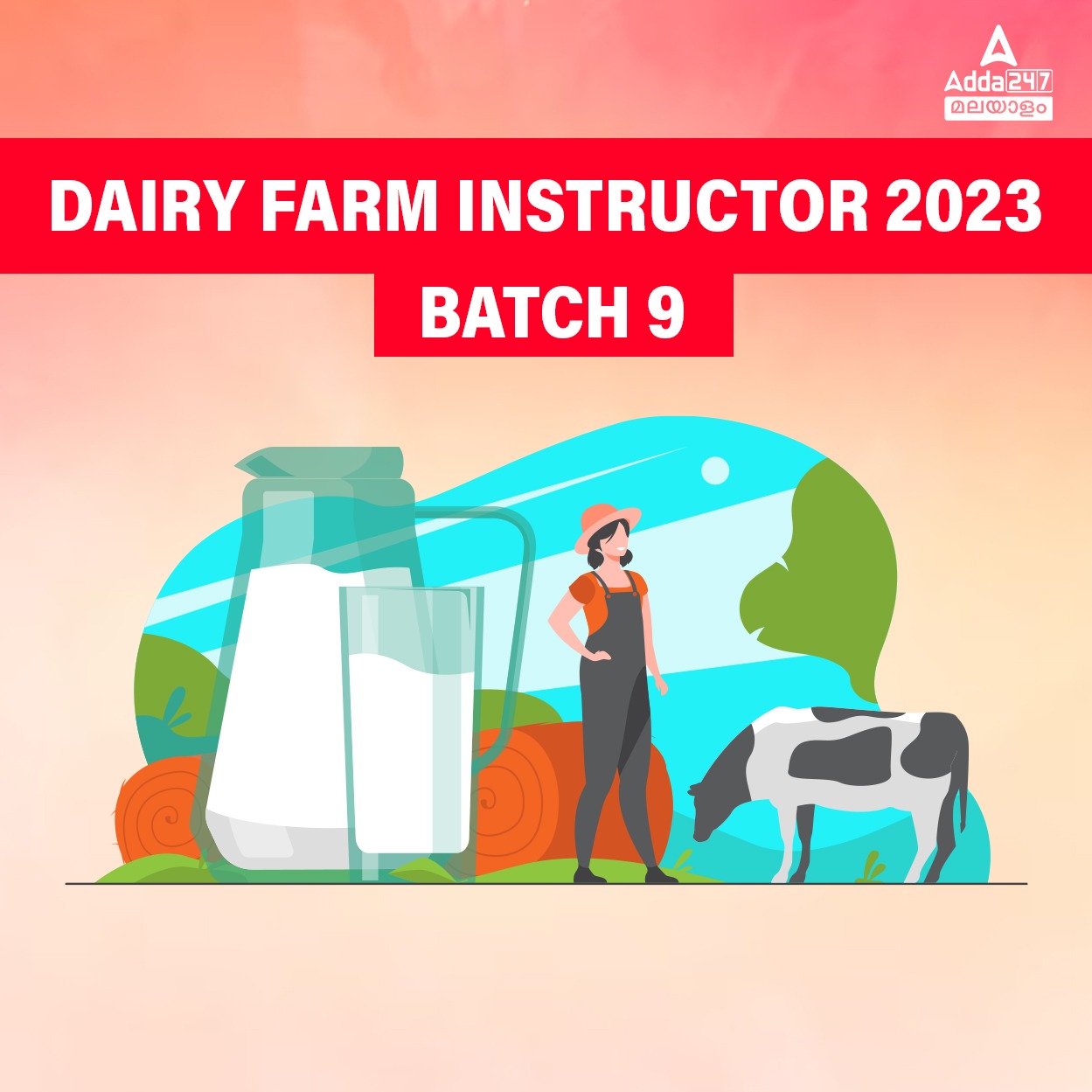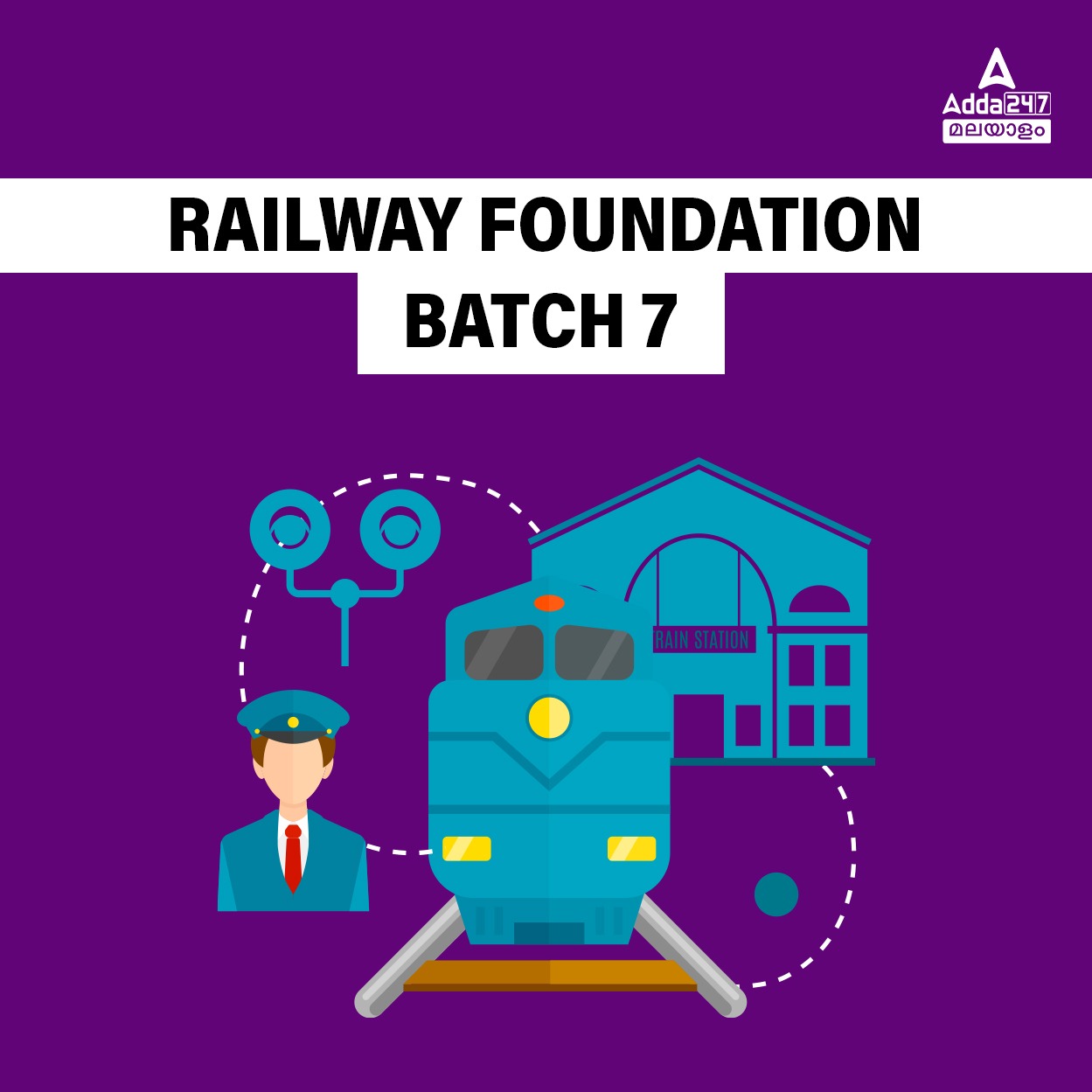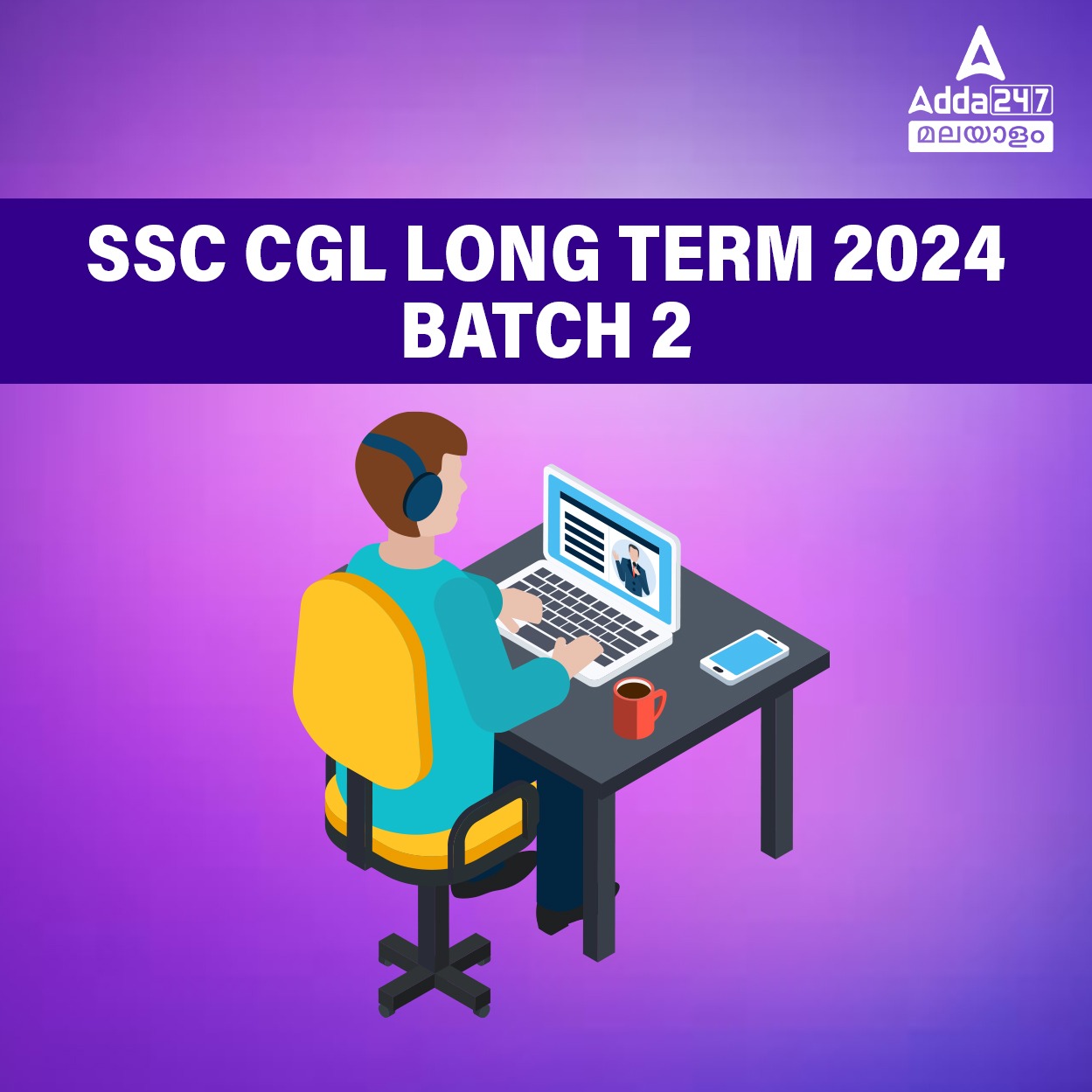Table of Contents
Kerala PSC Assistant Professor (IT) Syllabus 2023: Kerala Public Service Commission has published Assistant Professor in Information Technology Exam Syllabus. If you have applied for the post of Assistant Professor (Information Technology) and would like to know the detailed syllabus, then your search ends right here. In this article we will provide the detailed syllabus of the upcoming Assistant Professor Information Technology Exam 2023. In order to crack the exam, one needs to have a clear understanding of the syllabus, therefore read through Information Technology Assistant Professor PSC Syllabus to broaden your perspective. You can also download Assistant Professor Information Technology Kerala PSC Syllabus in pdf format.
Kerala PSC Assistant Professor (IT) Syllabus 2023
Kerala PSC Assistant Professor Information Technology Exam Syllabus: പരീക്ഷയ്ക്കുള്ള തയ്യാറെടുപ്പുകൾ ആരംഭിക്കാൻ സമയമായി. പരീക്ഷയിൽ വിജയിക്കുന്നതിന്, സിലബസിനെക്കുറിച്ച് വ്യക്തമായ ധാരണ ഉണ്ടായിരിക്കണം, അതിനാൽ കേരള PSC ഇൻഫർമേഷൻ ടെക്നോളജി അസിസ്റ്റന്റ് പ്രൊഫസർ സിലബസ് 2023 വിശദമായി വായിച്ച് മനസിലാക്കുക. നിങ്ങൾക്ക് Assistant Professor Information Technology Technical Education Syllabus Pdf രൂപത്തിൽ ഡൗൺലോഡ് ചെയ്യാവുന്നതാണ്.
Assistant Professor Information Technology Exam Syllabus: Overview
ചുവടെ നൽകിയിരിക്കുന്ന പട്ടികയിൽ Kerala PSC Assistant Professor Information Technology Exam Syllabus സംബന്ധമായ എല്ലാ പ്രധാനപ്പെട്ട വിവരങ്ങളും ലഭിക്കും.
| Kerala PSC Assistant Professor Information Technology Exam Syllabus | |
| Organization | Kerala Public Service Commission |
| Category | Exam Syllabus |
| Department | Technical Education Department (Engineering Colleges) |
| Name of the Post | Assistant Professor (Information Technology) |
| Category No. | 726/2021 |
| Last Date to Submit Confirmation | 23rd March to 11th April 2023 |
| Mode of Examination | ONLINE/ OMR |
| Medium of Questions | English |
| Total Marks | 100 |
| Duration of Examination | 1 Hour 30 Minutes |
| Official Website | www.keralapsc.gov.in |
Fill the Form and Get all The Latest Job Alerts – Click here
Kerala PSC Assistant Professor Information Technology Exam Pattern
| Kerala PSC Information Technology Assistant Professor Exam Pattern 2023 | ||
| Modules | Topics | Marks |
| Module I | Computer Organization & Architecture | 15 Marks |
| Module II | Programming Language, Data Structures & Algorithms | 25 Marks |
| Module III | Computing and System design | 25 Marks |
| Module IV | Networking & Web Technology | 20 Marks |
| Module V | Data Science and Machine Learning | 15 Marks |
| Total | 100 Marks | |
Assistant Professor Information Technology Syllabus: Download PDF
Assistant Professor in IT Exam Syllabus PDF ഡൗൺലോഡ് ചെയ്യാൻ, താഴെ നൽകിയിരിക്കുന്ന ലിങ്കിൽ ക്ലിക്ക് ചെയ്യുക.
Kerala PSC Assistant Professor Information Technology Syllabus 2023 PDF Download
Assistant Professor IT Kerala PSC Syllabus 2023 Detailed
Module I – Computer Organization & Architecture (15 Marks)
- Digital Logic: Logic Functions, minimization, design and synthesis of combinational and sequential circuits, number representation and computer arithmetic (fixed and floating point).
- Computer Organization: Machine instructions and addressing modes, ALU, CPU control design, memory interface, I/O interface, DMA, interrupts pipelining, memory hierarchy, parallel computer models.
- Microprocessors: Internal architecture of 8085 and 8086, interfacing with peripheral devices, microcontrollers.
Module II – Programming Language, Data Structures & Algorithms (25 marks)
- Object Oriented Programming: Object oriented concepts, programming in C++, Java Programming Language Concepts: Parameter passing, binding, scope, recursion, functional and logic languages.
- Problem solving using Python: Expressions and Statements, Evaluation of Expressions, Strings, String traversal, String Slices, List, Matrices, Tuples, Dictionaries, Python function, Lamda function, Mathematical function
- Data Structures: Arrays, stacks, queues, linked lists, trees, binary search trees, binary heaps, graphs.
- Algorithms: Analysis, space and time complexity, Design – greedy approach, dynamic programming, divide and conquer, sorting and searching, complexity classes – P, NP, NP-hard, NP-complete.
Module III – Computing and System design (25 Marks)
- Discrete Structures: Sets, relations, functions, groups, partial orders, lattice, algebraic structures.
- Theory of Computation: Regular languages and finite automata, context-free languages & pushdown automata, recursively enumerable sets & Turing machines, undecidability.
- Compiler Design: different phases of a compilers, different automata, context free grammars for lexical analysis and parsing, top-down parsers and bottom-up parsers, t code optimization techniques and code generation issues
- Operating systems – processes, threads, inter-process communication, synchronization, deadlocks, CPU scheduling, memory management and virtual memory, file systems, I/O systems, protection & security.
- Databases: ER model, relational algebra, tuple calculus, database design, integrity constraints, normalization, SQL, B-trees, B+ trees, transactions and concurrency control.
- Software Engineering: Software process models, planning and managing a software project, design, implementation, software testing, quality models and maintenance.
Module IV – Networking & Web Technology (20 Marks)
- Computer Networks: Layered architecture, LAN technologies, wireless LAN, flow and error control, routing algorithms, congestion control, TCP/UDP and sockets, IPv4, IPv6, ARP,RARP, ICMP, DNS, SMTP, POP, FTP, HTTP, MIME, RIP,BGP,OSPF, Hubs, switches, routers and gateways
- Cryptography and Network security: Security mechanisms, Traditional secret key ciphers, DES, AES, SHA, MAC,RSA, El-Gamal, Diffie- Hellman Key Exchange, Man in the middle Attack, Digital Signature, IP security, Firewall, Intrusion Detection System, DDoS
- Web Technologies and WAD: HTML, CSS, XML, Web server, Proxy server, JavaScript, JSON, DOM, MVC architecture, e-commerce, web services.
Module V – Data Science and Machine Learning (15 Marks)
- Data Science: Supervised and Unsupervised learning, ,Regression and Classification, Decision Trees, Principal Component Analysis, Support Vector machines, Cross validation and Bootstrapping, Clustering Algorithms, Mining frequent Patterns and Associations, Apriori Algorithms
- Soft Computing: Hard Computing and Soft Computing, Artificial Neural Network, Single layer Feed Forward Network, Multi Layer Feed Forward Network, Recurrent Network, Fuzzy Sets, Fuzzy Relations, Fuzzy membership functions, Fuzzification and Defuzzification methods, Genetic Algorithms
- Machine Learning: Supervised, Unsupervised and Reinforcement Learning, Measuring Classifier Performance, Precision, Recall, ROC Curves, Hidden Markov Models, Bagging, Boosting, Voting, Decision Trees–, Gain Ration, Classification by Regression, Support Vector Machine—Soft Margin
Hyper plane, Kernel Functions, Hidden Markov Models.











